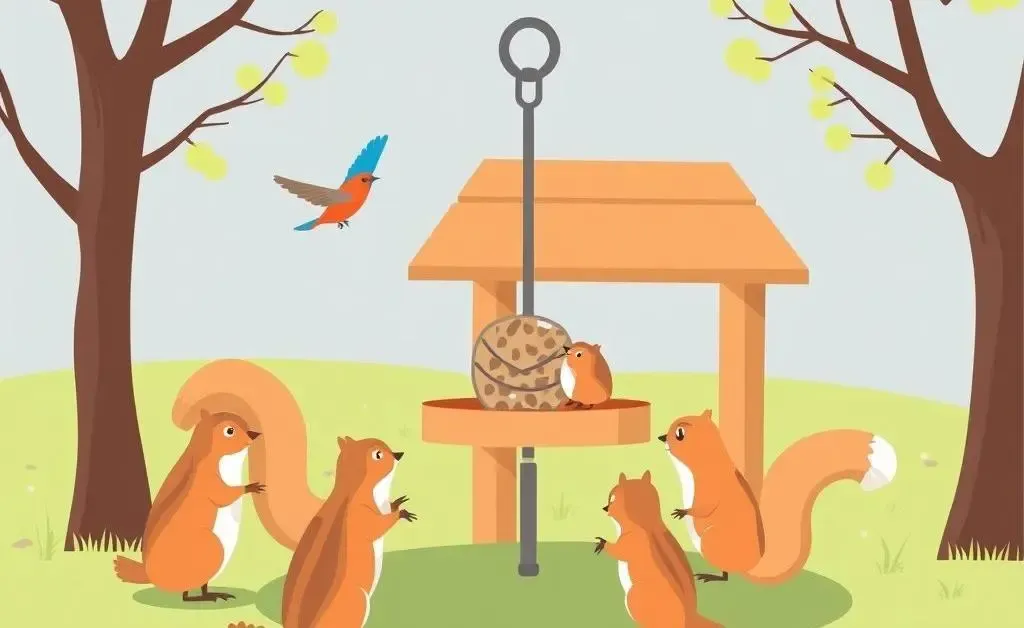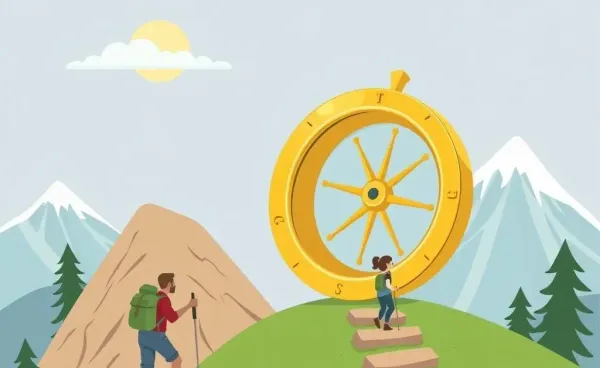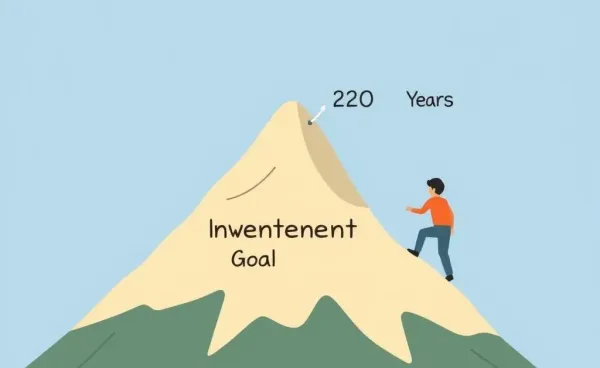Is Feeding Wildlife Legal? Understanding the Laws and Ethics
Explore the laws and ethics of feeding wildlife and learn how to coexist with nature responsibly.

Have you ever wondered, "Is it really legal to feed wildlife?” This question may catch you by surprise, especially if you've spent sunny afternoons delighting in the antics of squirrels and birds dropping by for a snack. Today, we’re diving into the intriguing world of wildlife feeding laws and the ethics surrounding them.
Why It's Important to Ask
You might think feeding animals is harmless fun. After all, who can resist offering a treat to a playful squirrel or a colorful bird? Yet, behind this seemingly innocent act lurks a web of regulations and potential consequences.
Legal Aspects of Feeding Wildlife
Regulations on feeding wildlife can vary substantially from one place to another. In many cases, local laws aim to protect both you and the animals. Here are some common reasons these laws exist:
- Preventing habituation, where animals become dependent on humans for food.
- Maintaining the natural diet of wildlife, which is essential for their health.
- Reducing aggressive behavior in animals accustomed to human-supplied food.
So, before you share your sandwich with that curious park visitor, check for signs or regulations in your area.
A Personal Encounter
Let me share a quick story. Last summer, my friend Sarah and I visited a local nature reserve. As we strolled along, we noticed a deer watching us. Sarah was tempted to offer it some of her granola bar. However, a park ranger advised us otherwise. He explained that feeding the wildlife could disrupt their natural foraging habits and lead to constant human interaction, which isn't beneficial for the animal or the community. It was a lesson in respecting wildlife boundaries.
The Ethical Side of Feeding Wildlife
Beyond legality, there’s an ethical dimension to consider. Feeding wildlife can unintentionally interfere with ecosystems. When animals gather in unnatural numbers around food sources, it can lead to the overcrowding of certain species, unfair habitat competition, and the spread of diseases. It's like hosting a massive party without considering the trash and chaos it might leave behind.
Coexisting with Nature
Consciously deciding not to feed wildlife doesn't mean renouncing all interaction. Here are some enriching ways to engage with nature without disrupting its balance:
- Build and maintain birdhouses or feeders that cater to their natural diet.
- Participate in local conservation efforts.
- Visit wildlife reserves and appreciate animals in their natural setting.
Each small step makes a difference in preserving the delicate balance of our ecosystems while nurturing our connection to nature.
As we continue to explore our relationship with the natural world, it’s worth pondering: How can we both enjoy and protect the wildlife we cherish? Share your thoughts and experiences below!




